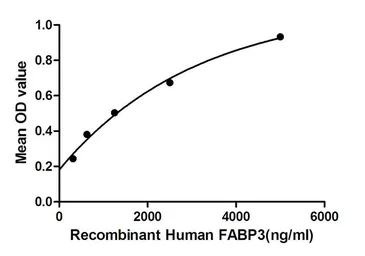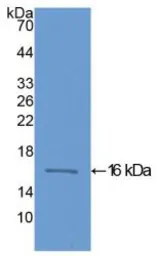Human FABP3 protein, His tag
Cat. No. GTX00275-pro
Cat. No. GTX00275-pro
-
ApplicationsFunctional Assay
-
SpeciesHuman


